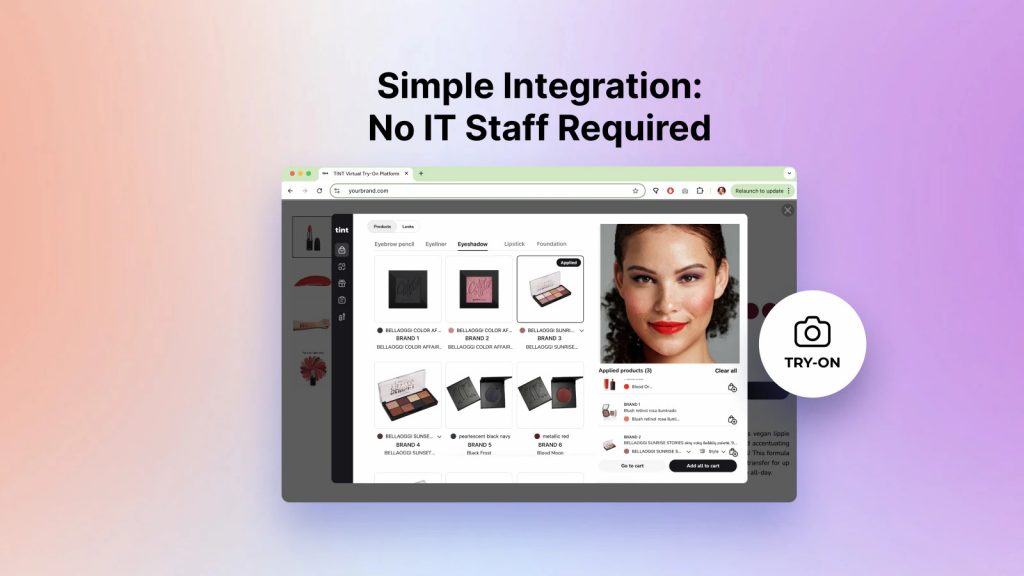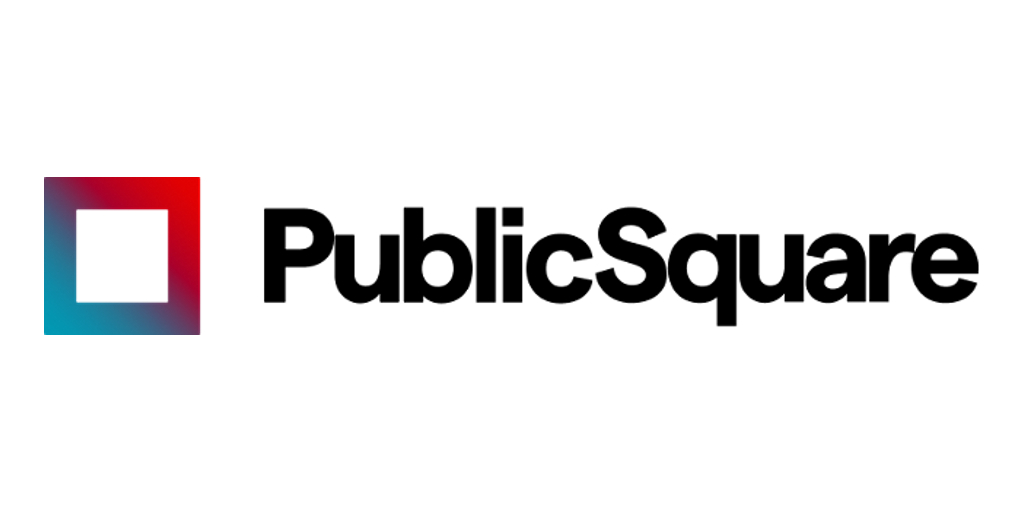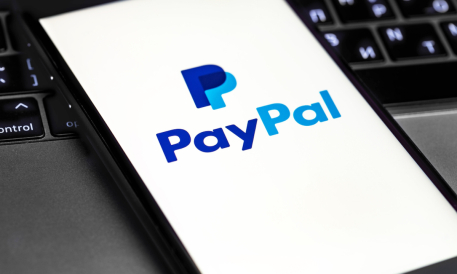Juphy’s Weekly E-Commerce News Express – 28 April-02 May 2025
Ceyda Duz
Welcome to this week’s e-commerce news roundup! This time, we’re diving into the latest developments shaping the online retail landscape, from the challenges retailers face in navigating tariffs and setting prices in a sensitive consumer market, to the significant generational shift impacting B2B purchasing decisions with the rise of digitally-native millennials. We’ll also explore how new tools are empowering merchants, directly powered by Banuba, PSQ Payments, Shopify, and PayPal. Stay informed as we unpack these key trends and their implications for your online business.

The Millennial Takeover: Reshaping the B2B E-Commerce Landscape
A significant generational shift is underway in the world of B2B e-commerce. Millennials, born between 1981 and 1996, have become the dominant force in corporate purchasing decisions, leading in an era defined by digital-first expectations, streamlined buying processes, and the rise of marketplaces.
According to a recent report, millennials now constitute a substantial majority of B2B buyers and hold significant sway over final purchasing decisions. This demographic transition is fundamentally changing how B2B products are discovered, evaluated, and ultimately bought.
Digital Natives Driving Change
Having grown up in the age of instant information and seamless online experiences, millennials bring consumer-like expectations to their B2B interactions. Intuitive online experiences are no longer a luxury but a necessity for businesses looking to engage this powerful demographic.

Key Shifts in B2B Buying:
- Self-Directed Research Dominates: Millennials prefer independent digital research over traditional sales interactions.
- Digital Engagement is Key: They favor online channels and expect easy-to-use self-service options.
- Marketplaces Gain Traction: Platforms offering breadth and efficiency are increasingly preferred for purchases.
- Efficiency and Transparency Matter: Fast delivery, clear pricing, and seamless checkout are critical factors.
- Visibility is Expected: Real-time order tracking and updates are now a standard demand.
- Peer Influence is Powerful: Reviews and testimonials heavily impact purchase decisions.
Adapting to the New Reality
To remain competitive, B2B e-commerce companies must adapt to these evolving expectations by:

- Modernizing websites for seamless mobile navigation and fast checkout.
- Providing comprehensive product information and transparent pricing.
- Joining or building marketplaces to expand reach.
- Integrating social proof directly into product pages.
- Offering faster and more flexible fulfillment options.
The Next Wave: Generation Z
Early signals suggest that Generation Z will further accelerate this digital transformation with even higher expectations for personalization and mobile-first experiences.
The rise of millennials has fundamentally reshaped B2B e-commerce, emphasizing transparency, speed, self-service, and marketplace transactions. Companies that embrace this generational shift by prioritizing digital convenience and investing in relevant technologies will be best positioned for future success.
The traditional formula of “cost plus markup” for setting retail prices is facing a significant challenge in the current climate: tariffs. New charges are creating a complex landscape for retailers, potentially translating to a holiday season price squeeze for consumers already wary of their spending. Careful analysis and transparent communication are emerging as crucial strategies for navigating these turbulent waters.
Consumer Sensitivity to Price
Today’s consumers are carefully examining prices, especially for non-essential items. They are increasingly willing to withhold purchases they perceive as overpriced. This heightened price sensitivity, coupled with strained discretionary spending power across income levels, makes pricing decisions particularly delicate.

The Influence of Key Players
Major retailers’ pricing decisions can set a tone for the wider market. Recent announcements from large players indicating a commitment to maintaining low prices, even if it impacts their margins, suggest a cautious approach across the industry. The risk of being perceived as the first to significantly raise prices and potentially alienate customers is a strong barrier.
Strategies for Offsetting Tariff Risks
Retailers are exploring various levers to mitigate the impact of tariffs:
- Cost Optimization: Identifying and reducing other operational costs, such as marketing expenses.
- Strategic Promotions: Adjusting promotional discounts on products based on their price elasticity.
- Private Label Development: Collaborating with suppliers to develop private label alternatives, which can offer more price flexibility.
- Supply Chain Adjustments: While immediate reshoring of manufacturing may not be feasible, exploring alternative sourcing locations with lower tariffs is a longer-term consideration.
Anticipating the Holiday Pinch

While some initial tariff impacts on prices might be seen in late spring or early summer due to increased warehousing and distribution costs for previously acquired inventory, the most significant consumer impact is anticipated during the peak holiday shopping season, starting with back-to-school. Traditional holiday purchases are likely to become more expensive due to the U.S.’s position as a major global importer of consumer goods.
Some consumers may try to make purchases ahead of expected price hikes, potentially creating a surge in sales followed by a lull. However, the overall sentiment suggests that tariffs could act as an unwelcome “holiday tax” for consumers.
Navigating this tariff landscape will require agility, data-driven decision-making, and clear communication. Retailers who can effectively analyze their costs, understand their customers’ price sensitivity, and communicate transparently will be best positioned to weather this pricing challenge.
Banuba Launches AR Try-On Plugin for Shopify
Augmented reality technology provider Banuba has introduced a virtual try-on plugin for Shopify, streamlining the integration of AR features for online retailers. This new plugin enables users to digitally test makeup directly on their screens, enhancing the shopping experience. Additionally, the plugin incorporates an AI-powered recommendation tool that analyzes user appearances and suggests suitable cosmetic products, offering a personalized and interactive way for customers to discover and purchase makeup within Shopify stores.

PSQ Payments Integrates Directly with Shopify

PSQ Payments, the payment platform offered by PublicSquare, has announced a direct integration with Shopify. The new PSQ Payments app available on the Shopify App Store provides merchants with an optimized checkout experience for their customers, a detailed dashboard for real-time monitoring of payments and refunds, integrated fraud protection measures, and efficient tools for managing refunds.
PayPal Introduces Programmatic Ads Using Shopping Data
PayPal has launched Offsite Ads, a new advertising solution allowing brands to leverage PayPal’s extensive transaction data to reach consumers across the internet through display and video ads. This platform utilizes actual purchase data from PayPal’s network of merchants, enabling advertisers to target relevant audiences based on real shopping behavior and intent. By tapping into PayPal’s insights into when and where users make purchases across various product categories, advertisers can make more informed decisions about their media buying strategies.

Where Juphy AI Fits Into the Future of Shopping
As the lines between conversational AI and e-commerce continue to blur, AI-powered shopping becomes the norm. Juphy AI is already ahead of this curve. Through its personalized product recommendation, Juphy analyzes real-time customer queries and behavior to instantly suggest the most relevant products—directly within the chat experience. This helps merchants not only improve product visibility in a crowded market but also increase conversion rates by delivering tailored suggestions that reflect each customer’s intent.
While many are still exploring how to adapt to these new AI shopping experiences, Juphy offers a solution that Shopify merchants can implement right away and manage directly from the Shopify admin console. It enables a more intuitive shopping journey—turning visitor questions into confident purchases and creating a memorable shopping experience. Start your free trial today and see it for yourself.

Key Takeaways
Millennials Reshape B2B: Millennials now dominate B2B purchasing decisions, bringing digital-first expectations to corporate buying. Businesses must embrace self-service options, marketplace selling, transparent pricing, and mobile-optimized experiences to stay competitive.
Retailers Brace for Holiday Tariffs: Retailers are facing complex pricing decisions due to new tariffs. With consumers increasingly sensitive to price changes, companies are turning to cost optimization, private labels, and smarter promotions to maintain margins and customer trust.
Banuba Brings AR Try-On to Shopify: Banuba has launched an AR try-on plugin for Shopify, enabling virtual makeup testing and personalized product recommendations. The tool offers an immersive and convenient shopping experience for beauty brands and customers alike.
PSQ Payments Integration with Shopify: PSQ Payments, from PublicSquare, now integrates directly with Shopify, offering merchants improved checkout flows, real-time monitoring, and fraud protection. The solution aims to provide a reliable, values-aligned alternative for e-commerce transactions.
PayPal Uses Shopping Data for Offsite Ads: PayPal has introduced Offsite Ads, a programmatic advertising tool that uses real transaction data to target consumers across the web. The platform enables merchants to reach audiences with greater accuracy based on real purchase behavior.

